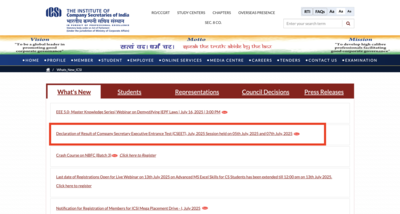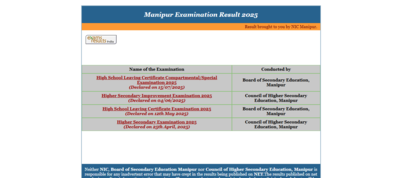7 questions you must ask before signing that offer letter

In an era of mass layoffs, AI disruption, and the quiet quitting wave, getting a job isn’t the ultimate victory—it’s the beginning of a negotiation with your future. The job market today is a maze of hybrid roles, invisible expectations, and shifting definitions of success. While candidates often obsess over how to answer questions, the real power lies in asking the right ones.Here are 7 crucial, often-overlooked questions every job-seeker should ask to not just land a job, but to land a future worth working for.
“What does success look like in this role after six months?”
Most candidates ask about KPIs and performance metrics. Few ask what success actually means. This question forces the employer to reveal whether they have a clear roadmap for the role—or are just hiring reactively. It also gives you a tangible sense of whether expectations are realistic or borderline impossible.Why it matters: Ambiguity breeds burnout. Clarity fosters confidence.
“How has this role evolved over the last two years?”
If the position you’re applying for has morphed drastically—say, from data entry to full-stack automation—you’ll need to assess whether you’re entering a role in flux or a seat of stability. This also helps decode the organization’s adaptability to change.Why it matters: Roles that change too often often lack structure. Roles that never change may lack innovation.
“How does this team handle failure?”
Rehearsed answers about ‘growth mindsets’ are easy to spot. Dig deeper. Was someone recently laid off after one poor quarter? Is failure punished or parsed? A culture’s reaction to failure says more about its integrity than its annual review system ever will.Why it matters: Psychological safety isn’t a perk—it’s a productivity tool.
“What are people talking about in the break room or internal chats?”
A bold question, yes—but one that separates surface-level culture from the undercurrent. If employees are whispering about toxic managers, impossible deadlines, or yet another Friday all-hands “surprise,” you’ll know what kind of emotional terrain you’re stepping into.Why it matters: Water cooler chatter is the company’s unconscious voice.
“Can you tell me about someone who left recently, and why?”
Most interviewers brace for this one. And that’s exactly why it works. Was the departure a promotion to a better company? Burnout? A layoff that nobody saw coming? The answer tells you about retention patterns, internal politics, and organizational transparency.Why it matters: Past exits often forecast future exits—including yours.
“How are you investing in employees who want to stay long-term?”
Gone are the days of gold watches and 30-year careers—but that doesn’t mean loyalty is dead. Ask what growth, mentorship, and internal mobility look like for people who want to stick around. Vague answers signal stagnation. Specific ones reveal vision.Why it matters: If they’re not building a future for their people, why should you build yours there?
“What’s the one thing that might surprise me about working here?”
This final question pierces the interview veil. It opens the door for honest, unfiltered truths: maybe onboarding is chaotic, maybe the founder drops in unannounced, maybe Friday drinks are sacred. Whatever it is, you deserve to know the real behind the role.Why it matters: Jobs are sold like products. This is your moment to look under the hood.Ask like a strategist, not just a candidateA job interview is no longer a one-sided interrogation; it’s a dialogue between equals. In today’s dynamic market, what you ask signals how you think. It’s your chance to assess alignment, ambition, and authenticity, three things no résumé will ever show.So the next time you sit across from a recruiter or hiring manager, don’t just bring your credentials.Bring your curiosity.And let your questions do the talking.




